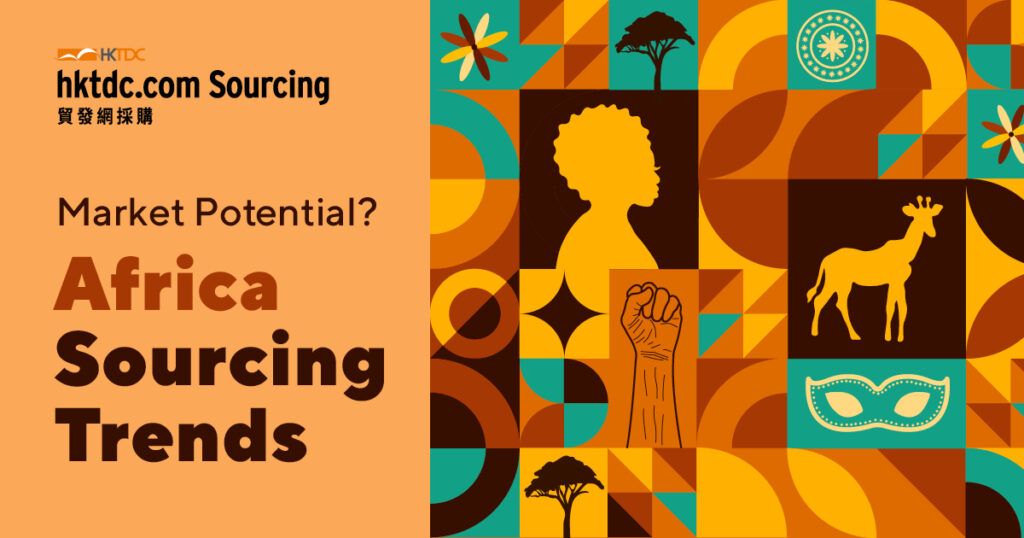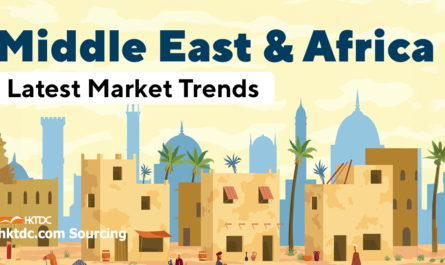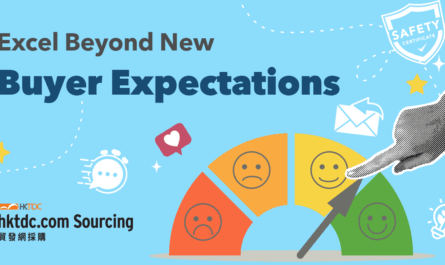As global supply chains continue to evolve, Africa is emerging as a dynamic sourcing hub for buyers and suppliers seeking greater cost efficiency, sustainability, and innovation. By 2026, several key trends are shaping how international companies engage with African markets.
1. Digital Transformation in African Sourcing
Digital adoption is accelerating across Africa, reshaping procurement, logistics, and supplier engagement. Cloud-based ERP systems, AI-driven quality control, and digital trade platforms are enabling greater visibility and efficiency in supply chains.
- E-commerce & trade facilitation: Platforms such as hktdc.com Sourcing are revolutionizing B2B distribution by connecting small African suppliers directly with retailers.
- Cross-border trade digitalization: The African Continental Free Trade Area (AfCFTA) is increasingly supported by digital customs and payment systems, reducing transaction complexities and enhancing transparency.
- Digital infrastructure growth: According to the World Bank Digital Economy Report 2024, Africa’s digital economy could add US$180 billion to GDP by 2025, encouraging suppliers to adopt smarter procurement and logistics platforms.
Takeaway: Buyers should prioritize suppliers with strong digital footprints—those using blockchain for traceability, digital invoicing, and AI-driven demand forecasting.
2. Cost Efficiency Through Outsourcing
Africa’s competitive labor costs and growing skilled workforce are making it an attractive outsourcing destination for manufacturing and services.
- Diversification from Asia: With rising wages in China and South Asia, companies are exploring African hubs like Ethiopia, Kenya, and Ghana for apparel, electronics assembly, and call centers.
- Nearshoring for Europe: North African countries (Morocco, Tunisia, Egypt) are becoming strategic nearshore outsourcing partners for European companies due to geographic proximity and trade agreements with the EU.
Takeaway: Global buyers can achieve remarkable cost savings by diversifying outsourcing operations into Africa while hedging against geopolitical risks in Asia.

3. Rise of Specialized Services
Beyond raw materials and basic manufacturing, Africa is moving into specialized knowledge-based services.
- IT & Tech services: Nigeria, Egypt, and Kenya are becoming leading outsourcing hubs for software development, fintech, and AI research.
- Healthcare outsourcing: Companies are outsourcing medical transcription, diagnostics, and telemedicine support to African service providers.
- Creative industries: Nollywood (Nigeria’s film industry) and African gaming studios are increasingly integrated into global creative supply chains.
Takeaway: Buyers seeking niche expertise—whether in digital finance, creative industries, or healthcare—should consider Africa’s fast-growing specialized service sector.
4. SME Growth & Strategic Partnerships
Small and medium enterprises (SMEs) are the backbone of Africa’s sourcing ecosystem, driving innovation and local employment.
- SME financing: The International Finance Corporation (IFC) estimates Africa’s SME financing gap at over US$331 billion, but digital lending platforms are improving access to capital.
- Partnership models: Multinationals are increasingly forming joint ventures with African SMEs to meet local market needs while sharing risk.
- AfCFTA impact: By reducing tariffs and harmonizing rules of origin, AfCFTA is empowering SMEs to scale across borders, strengthening regional supply chains.
Takeaway: Building long-term partnerships with SMEs is key to unlocking Africa’s sourcing potential. Buyers who invest in SME capacity-building can secure resilient, innovative, and sustainable supply chains.
5. Sustainability as a Core Driver
Sustainability is no longer optional—global buyers are demanding greener sourcing models, and African suppliers are rising to the challenge.
- Renewable energy integration: According to the International Renewable Energy Agency (IRENA), Africa has the world’s highest solar potential, and local initiatives are increasingly leveraging this renewable energy to support sustainable sourcing and manufacturing.
- Circular economy practices: In Kenya and South Africa, companies are adopting recycling and upcycling models in textiles and plastics, responding to EU and US import regulations on sustainable sourcing.
- Sustainable farming: The UN’s Food and Agriculture Organization (FAO) reports that regenerative agriculture practices are expanding in West Africa, enabling food exporters to access eco-conscious global markets.
Takeaway: Buyers should prioritize African suppliers who can demonstrate compliance with ESG standards, carbon footprint reporting, and sustainable production practices.
Immense Business Opportunities to Explore in Africa
For global buyers and suppliers, Africa represents not just an alternative to traditional sourcing hubs, but a strategic frontier for innovation and resilience.
Forward-looking companies that embrace digitization, sustainability, and partnerships with African SMEs will be best positioned to thrive in this evolving market. Visit our e-Marketplace to connect with diverse, high-quality African suppliers firsthand!
Africa Sourcing FAQ
1. Why is Africa becoming a major sourcing hub in 2026?
Africa is gaining traction due to its cost-efficient labor force, growing digital infrastructure, and the impact of the African Continental Free Trade Area (AfCFTA), which simplifies cross-border trade. Global buyers are also turning to Africa as they diversify away from Asia and seek new growth opportunities.
2. Which African countries are most attractive for global sourcing?
- Ethiopia & Kenya – Apparel, textiles, and agribusiness
- Nigeria & Egypt – IT services, fintech, and creative industries
- South Africa & Morocco – Automotive, renewable energy, and nearshoring for Europe
- Ghana & Rwanda – Agro-processing and sustainable farming
3. How can global buyers build long-term partnerships in Africa?
Buyers should focus on:
- Capacity-building investments with local suppliers
- Joint ventures and co-development projects
- Supporting SME financing and training
- Collaborating on sustainability and ESG compliance
4. What are some common risks to avoid when sourcing in Africa?
Potential issues such as logistics delays and political instability could arise, therefore global buyers need to mitigate these risks by diversifying suppliers, and using digital trade platforms for transparency.








